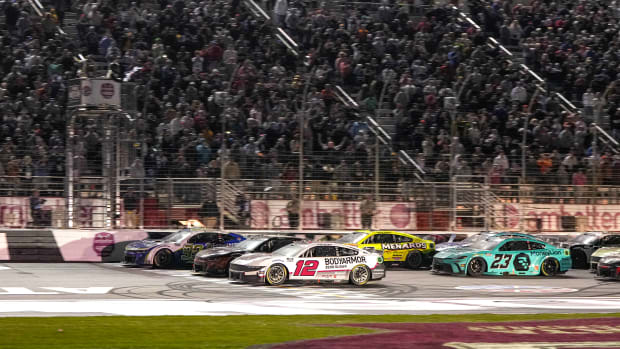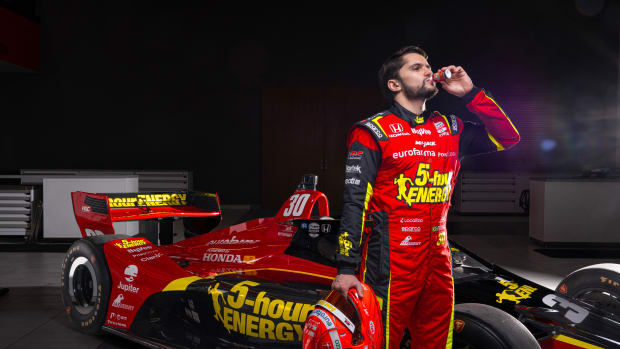NASCAR officials confident in concussion policy
DAYTONA BEACH, Fla. (AP) Since the death of Dale Earnhardt in 2001, NASCAR has taken sweeping steps to reduce the risk of head injuries. And when a driver does get hurt, NASCAR officials have established more comprehensive protocols to identify, track and treat concussions.
While NASCAR officials are proud of the progress they've made on safety, they know nothing is guaranteed at 200 mph.
"It's an inherently dangerous sport," said Steve O'Donnell, NASCAR's senior vice president of racing operations. "We've got to be the best, on the front end and, we think, on the back end."
Under NASCAR's policy, any driver who is involved in a significant crash must go to the infield medical center. Even drivers who are able to drive their wrecked cars back to the garage area may be ordered to get checked out.
"If you hit the wall, you can probably bet you're going to be at the care center," O'Donnell said. "We're not the most popular people all the time."
Once at the medical center, the driver will be checked for signs of a concussion as a standard procedure. If members of the track's medical crew suspect a concussion, the driver will be sent to a local hospital.
Before a concussed driver can race again, he or she must be cleared by a neurosurgeon with at least five years' experience with sports-related head injuries.
"So that neurosurgeon is the ultimate go/no go in terms of coming back to competition," O'Donnell said.
Information from a crash data recorder on board each car is analyzed, and wrecked cars often are brought back to NASCAR's research and development center for examination. If NASCAR safety experts notice anything wrong with the car that might have contributed to an injury, they can sit down with the driver's team to advise them on potential safety improvements.
The next step for NASCAR could be the use of baseline cognitive testing, something that is optional for drivers now. O'Donnell said officials still may consider making it mandatory.




